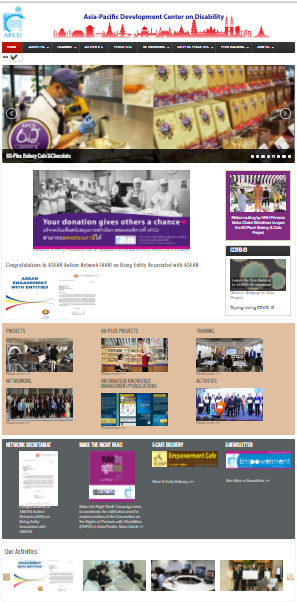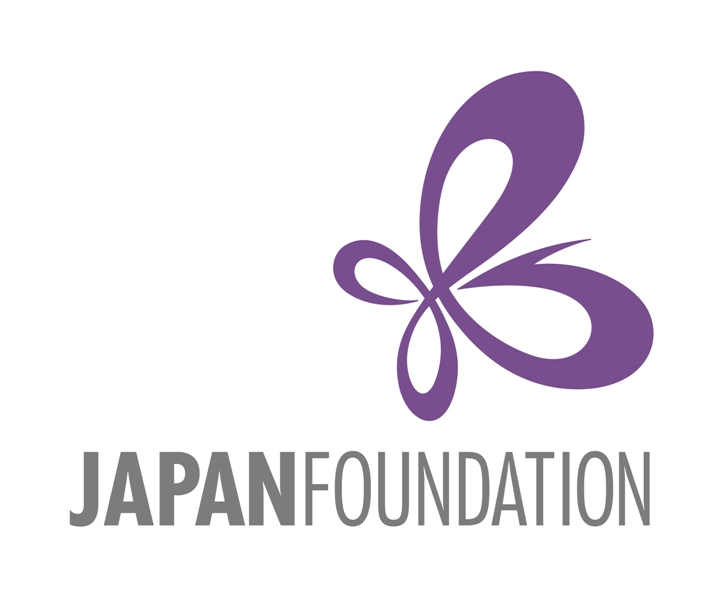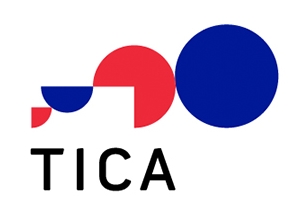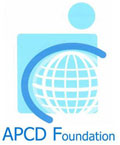Promoting ASEAN Sub- Regional Collaboration through the First Cross- Disability Workshop
Promoting ASEAN Sub- Regional Collaboration through the First Cross- Disability Workshop
Workshop for Capacity Development of Self-Help Organizations of Persons with Disabilities (CDSHOD), 26th – 29th January 2010 in Bangkok, Thailand
Leaders with Different Types of Disabilities Meet Together
In collaboration with Disabled Peoples’ International Asia-Pacific (DPI-AP) and other self-help organizations of persons with disabilities, APCD organized the first cross-disability workshop to focus on ASEAN sub-regional collaboration from the perspective of cross-disabilities. Participants included Deaf leaders, Self- Advocates with intellectual disabilities and Family Associations of Persons with Autism from ASEAN countries.
Twenty-five representatives of self-help organizations (SHOs) of persons with disabilities from 8 Southeast Asian countries, namely, Brunei, Indonesia, Laos, Malaysia, Myanmar, the Philippines, Thailand and Vietnam joined the subregional workshop (Timor Leste as an observer).
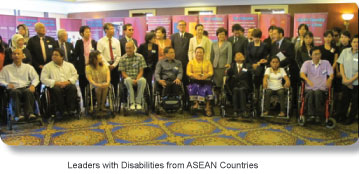
The main objectives were (1) to further develop the capacity of SHOs of persons with disabilities by strengthening them and promoting inclusive development; (2) to increase understanding of the ASEAN mechanism through dialogue, and apply this to enhance ASEAN sub-regional collaboration through active involvement of SHOs, and (3) to exchange information on the progress made in relation to the United Nations Convention on the Rights of Persons with Disabilities (CRPD), the Millennium Development Goals (MDGs), the Biwako Millennium Framework (BMF) and the BMF+5 in ASEAN countries.
Participants shared their experiences of good practices in promoting SHOs and Inclusive Development and exchanged
information on the progress of implementation of the CRPD, MDGs and BMF+5. They also began to understand the ASEAN mechanism. SHOs on Autism from Brunei, Myanmar, the Philippines, Thailand and Vietnam agreed to establish an ASEAN Autism Federation.
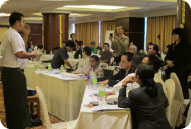
Sharing Good Practices by Each Participant
On the final day of CDSHOD, the Bangkok Declaration was adopted to enhance collaboration in the ASEAN countries, and support the establishment of an ASEAN Disability Forum to be initiated by DPI-AP.
• Appeal to all countries to consider signing and ratifying the United Nations Convention on the Rights of Persons with Disabilities (CRPD) and its Optional Protocol to involve persons with disabilities in the process;
• Strongly urge all Southeast Asian countries to actively pursue the implementation of international instruments, including, but not limited to, the Biwako Millennium Framework (BMF), BMF+5, and the Millennium Development Goals (MDGs);
• Encourage all national self-help organizations of persons with disabilities in the Southeast Asian region to develop, support and promote future leaders at the grassroots and national levels, and to ensure equal gender and family participation in the ASEAN community;
• Call for Governments in the Southeast Asian region as well as relevant partners to recognize and support the development plan of national self-help organizations of persons with disabilities and their families;
The Declaration concludes with the hope that the Governments of ASEAN Member States will ensure the implementation of the CRPD, taking into consideration accessibility, affordability and relevant issues related to disability.
The Bangkok Declaration in full can be seen at:
http://www.apcdfoundation.org/?q=content/bangkok-declaration-cdshod-thailand-29-jan-2010
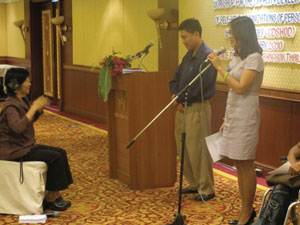
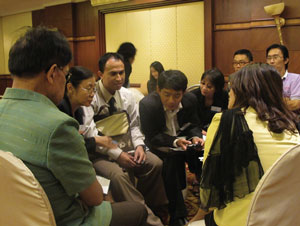
Adopting the Bangkok Declaration Group Discussion
Our view of Self-help Organizations in Inclusive Development
BRUNEI
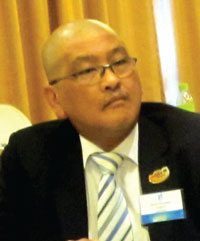 Our philosophy is “Don’t walk in front of me, I may not follow. Don’t walk behind me, I may not lead. Just walk beside me and be my friend.” The role of Self-help Organizations (SHOs) in inclusive development is very important as we are the stakeholders in each community. It is We are in the process of implementing our income generating business to ensure financial security, and to achieve an autism-friendly society.essential for us to utilize SHO’s input fully as well as participate actively in any stage of development, which will ensure equitable distribution of resources.
Our philosophy is “Don’t walk in front of me, I may not follow. Don’t walk behind me, I may not lead. Just walk beside me and be my friend.” The role of Self-help Organizations (SHOs) in inclusive development is very important as we are the stakeholders in each community. It is We are in the process of implementing our income generating business to ensure financial security, and to achieve an autism-friendly society.essential for us to utilize SHO’s input fully as well as participate actively in any stage of development, which will ensure equitable distribution of resources.
We have got a lot of families in our programs in response to the needs of persons with autism and their families. We need compassion, understanding, empathy and support.
We are in the process of implementing our income generating business to ensure financial security, and to achieve an autism-friendly society.
Malai Hj Abdullah Othman (Mr.)
SMARTER Brunei
PHILIPPINES
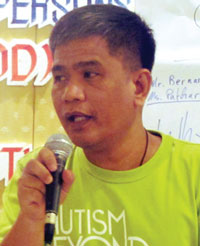 With the ratification of the UN Convention on the Rights of Persons with Disabilities (CRPD), persons with disabilities have been recognized as rights holders and also considered as partners in development. Self-help Organizations (SHOs) are very important in inclusive development because of the roles that these groups can portray in realizing the goal.
With the ratification of the UN Convention on the Rights of Persons with Disabilities (CRPD), persons with disabilities have been recognized as rights holders and also considered as partners in development. Self-help Organizations (SHOs) are very important in inclusive development because of the roles that these groups can portray in realizing the goal.
SHOs may be small compared to other organizations. But these groups truly represent the masses that are often not consulted on vital issues affecting them. SHOs can also play as effective agents of change in their locality since they truly know the needs and the solutions to their problems. The group can also be tapped by government, private and international agencies to assist in the effective delivery of services, as well as to monitor and evaluate development goals.
With the recent case of a child with intellectual disabilities being asked by a flight attendant to disembark from the plane due to an airline policy, Autism Society Philippines (ASP) intensified its information and advocacy campaign on autism. ASP’s immediate past president, Ms. Dang Koe gave a lecture on “Understanding and Managing Persons with Autism” to the PHILIPPINES managers, supervisors and front liners of Cebu Pacific, a major airline company in the Philippines. It was followed by another lecture for the representatives of the same airline company who were based in Southeast and East Asia. The lecture was again given to the managers and supervisors of Robinsons, a chain of department stores and sister company of Cebu Pacific Air a week after.
With these developments, ASP continues to train a pool of resource persons who will conduct orientations, lectures, seminars and trainings on autism.
Ranilo Sorongon (Mr.)
Autism Society Philippines

